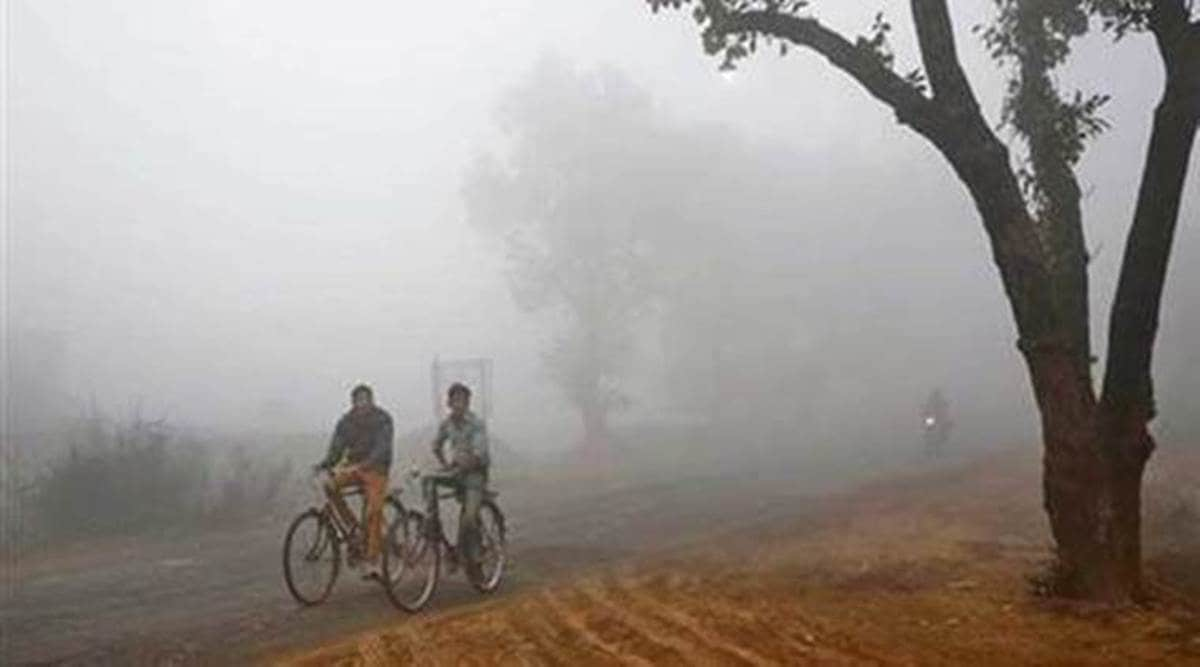 The CPCC said that on the day of Gurpurab last year, the air quality index was 118, much less than this years. (File)
The CPCC said that on the day of Gurpurab last year, the air quality index was 118, much less than this years. (File)Chandigarh’s air quality worsened on the occasion of Gurpurab this year, causing breathing discomfort to people with medical conditions related to lungs and breathing.
According to the Chandigarh Pollution Control Committee, the air quality index reported on Monday night was 143, which falls in the moderate category.
The CPCC said that on the day of Gurpurab last year, the air quality index was 118, much less than this years.
On being asked if bursting crackers was the reason, CPCC Member Secretary Debendra Dalai said, “I agree that there were some stray cases of cracker bursting. But the air quality even a day before Gurpurab was around 100. So there was not much difference, as this much variation is common. Although there were a few cracker bursting cases Monday.”
The Chandigarh Administration had banned the sale and use of crackers in Chandigarh from November 6 till further orders. The ban did have an impact on Diwali which fell on November 14 this year. The air quality in Chandigarh during Diwali improved as compared to the previous year. The ban on the sale and use of crackers in the city imposed by the UT Administration had significantly contributed to the reduced air and noise pollution.
For Diwali, officials said that Chandigarh’s air quality index fell under ‘Very Poor’ category last year, whereas this year the AQI was ‘moderate’.
The Continuous Ambient Air Quality Monitoring Station (CAAQMS) reported that a reduction was recorded in the AQI, from 341 (Very Poor category) in 2019 to 140 (Moderate category) in 2020.
As the UT Administration had issued orders regarding the ban on crackers on November 6, it had roused a huge opposition by the traders.
The city cracker sellers had raised questions over the administration’s move to conduct a draw of lots for granting license to the sellers ahead of the ban.
The administration said that the ban on crackers was imposed to check the spread of Covid-19 and also avoid inconvenience to Covid-affected persons and others with respiratory issues.
However, on Gurpurab last year, the air quality was better than this year. Despite the ban, sound of crackers bursting could be heard by the city residents.